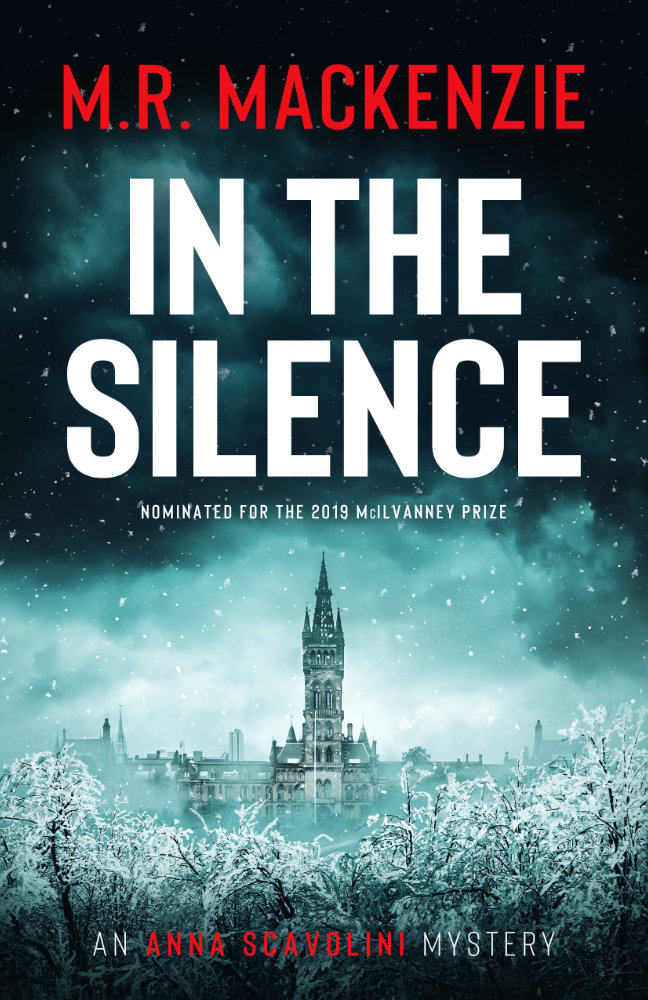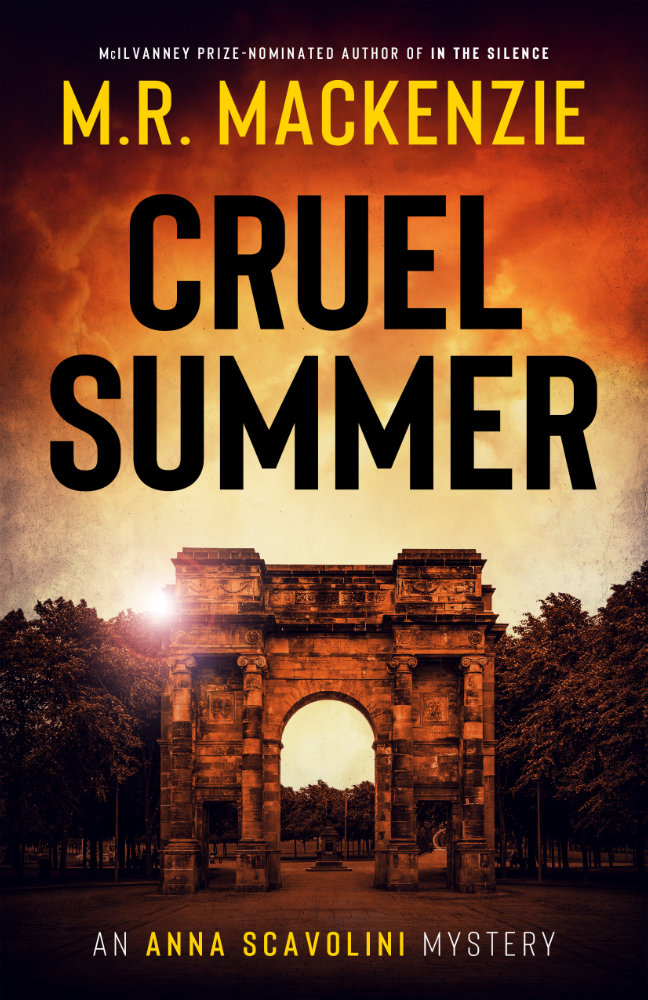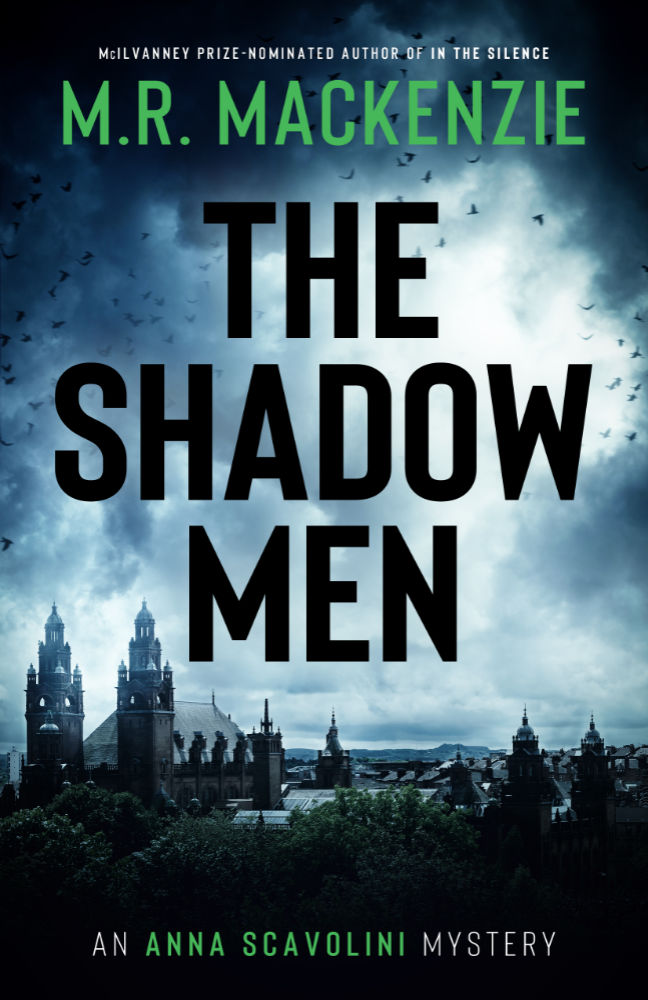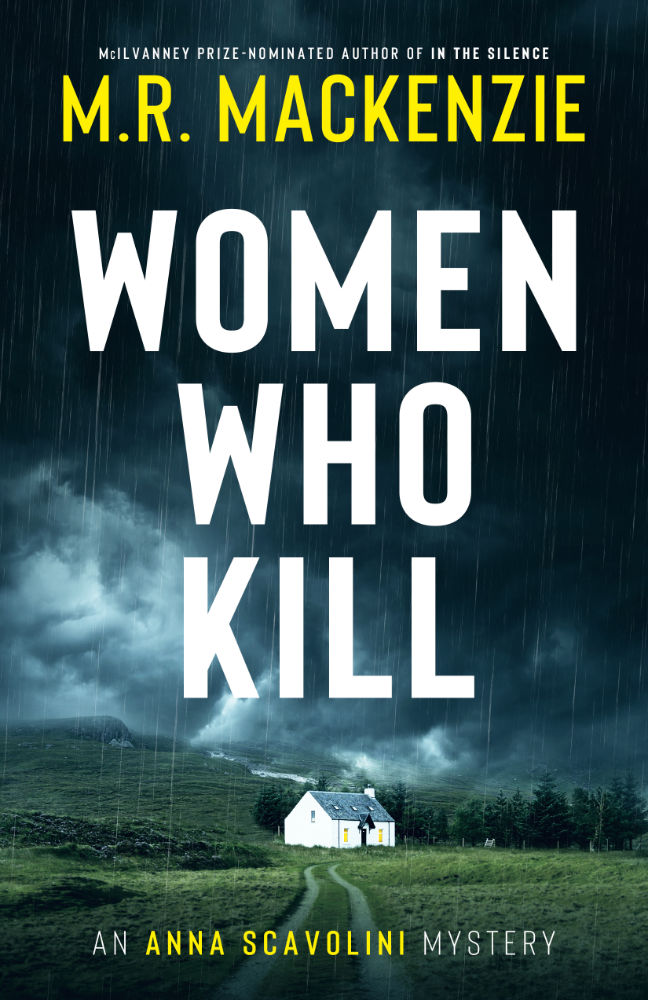Character Biography
Zoe Callahan
Vivacious, outgoing and instantly recognisable by her flaming red hair, Zoe Callahan has always been the life and soul of the party. Continue reading to discover more about her background in this exclusive character dossier.

Zoe Joan Callahan was born on 17 December 1981 to John, an electrician, and Caroline, a nurse, both descended from Irish Catholic immigrants. She was followed eighteen months later by a younger brother, Victor. For the first six years of Zoe’s life, the family lived in the Cardonald area of Glasgow. They weren’t wealthy, but theirs was a contented, if modest, existence.
On the afternoon of 29 September 1987, shortly before Zoe’s sixth birthday, her and Victor’s lives were changed forever by a freak car accident on the return journey from a family day out.
And then, silence.
The crash resulted in the deaths of both parents, leaving Zoe and Victor to be raised by their paternal grandmother, Joan, in her small council house in Ruchill. Prompted by a comment made by the social worker who dealt with them in the immediate aftermath of the crash, Zoe saw it as her role to look out for Victor in her parents’ absence – a task she set herself to with all the serious-mindedness of a determined child, and continued to regard as her duty long after their parents had become a distant memory – even though she got precious little thanks from him for fighting his battles.
From early on it was clear their personalities were the equivalent of chalk and cheese: Zoe was outgoing and gregarious, with a seemingly endless reserve of energy and boundless optimism, while Victor kept to himself, struggling to make friends and serving as an easy target for bullies of all stripes. What started as general teasing at primary school grew into a full-on campaign of victimisation when he, like Zoe before him, began attending the fee-paying Willow Bank Academy. With Victor reluctant to raise the matter – out embarrassment, fear of reprisals and the worry that their grandmother, who’d scrimped and saved to send them there on the belief that she was giving them the best possible start in life, would blame herself – it fell to Zoe to lay down the law.
It was on Zoe’s first day at Willow Bank, in 1993, that she met Anna Scavolini and began what would prove to be her strongest and most enduring friendship. On the face of it, they couldn’t have been more different – Anna bookish and from a privileged (if not quite upper-class) background, Zoe a coarse-mouthed working-class kid from Ruchill who had zero intention of allowing the private education system to sand off her rough edges. But it was their very differences that drew them to one another. Anna liked that Zoe had no airs and graces, while Zoe liked that Anna, unlike the other pupils, didn’t look down on her because of her background. All throughout secondary school, they practically lived out of each other’s pockets, spending so much time together that the inevitable rumours began to spread about their being an item. In reality, neither of them were that way inclined towards one another, though it was certainly true that the bonds of their friendship ran far deeper than any of their dalliances with the opposite sex (considerably more numerous in Zoe’s case than Anna’s).
Despite being far more interested in parties and boys than applying herself academically, and despite an army of teachers who were privately convinced she would never amount to anything, Zoe did well at school, leaving in 1999 with respectable grades and offers from a handful of universities. She and Anna, constant fixtures in one another’s lives for the past six years, went their separate ways, though both made sincere promises to stay in touch. Anna, whose exam results could be described as ‘intimidating’, jetted off to Rome to study at the prestigious Sapienza University while Zoe remained in Glasgow to pursue a degree in Media Studies at Glasgow Caledonian University. Like many teenagers pressed into higher education with no clear plan for the future, she treated it less as a means to find a vocation and more as an opportunity to make friends and gatecrash as many parties as possible, putting in the bare minimum effort required to obtain the necessary credits to progress from one year to the next. Nonetheless, she once more managed to defy expectations, emerging in 2003 at the age of twenty-one with an Upper Second Class Honours degree.
However, academic success failed to translate into gainful employment in the real world. In the years after leaving uni, she flitted between a variety of casual and often menial jobs, mostly brief and unfulfilling: working behind the counter in a video rental store; various waitressing jobs; a stint in a call centre which ended in her dismissal when she took five minutes longer than her allotted break. She also flitted between relationships with a variety of men, most of them equally short-lived, if somewhat more fulfilling – at least in a purely utilitarian sense.
Meanwhile, her contact with Anna, which had become increasingly sporadic over the course of her time at uni, dried up completely. They hadn’t seen one another since 1999, and though they’d continued to communicate by phone and email for a time, eventually that too fell by the wayside. Zoe was acutely aware that she had far fewer excuses than Anna, who had a burgeoning academic career to keep her busy, but she was unable to shake the feeling that they should both have made more of an effort to keep the channels of communication open.
During this time, she continued to live in the house in Ruchill with Victor (whose own grades were nothing to write home about, though he at least had more success in holding down a job after he left the education sector) and their grandmother, whose health was now failing, leading her to become increasingly reliant on her grandchildren for help with everyday life. In the summer of 2008 she was diagnosed with stomach cancer, and though both Zoe and Victor rallied round her and pulled out all the stops to ensure that she remained in her own home for as long as possible, by the end of the year they’d made the difficult decision to move her into a hospice to ensure that she received round-the-clock, professional care. She died in February the following year, when Zoe was twenty-seven and Victor twenty-five – the last remaining relative with whom they had any contact.
Her death left Zoe in a deeply unhappy place – though, as always when the chips were down, she put on a front, affecting an air of happy-go-lucky nonchalance, pretending to be the version of herself everyone expected her to be. She and Victor argued and fought incessantly, even as they both grew increasingly dependent on one other for emotional support – a fact that neither of them would ever willingly admit. She even found herself experiencing something approaching a crisis of identity as she weighed her own lack of accomplishments against everything her granny had achieved – not least raising two grandchildren singlehandedly.
It was on a balmy July night, during one of the numerous drunken nights out into which she’d thrown herself as a coping mechanism, that Zoe first encountered Carol Novák, a bartender at the Pulse nightclub in the West End. Despite being completely at odds ideologically and temperamentally, and despite Zoe having only previously dated men, they found themselves inexplicably drawn to one another and, after several weeks of dancing round the issue, fell into a relationship – less by design and more by happenstance. Though they never explicitly discussed the matter, from the beginning there was an unspoken understanding between them that they would keep it secret – at least for the time being. Carol was an intensely private individual, and Zoe, for her part, was both confused and – if she was being honest with herself – vaguely embarrassed by this unanticipated turn of events. That said, while she didn’t know what any of it meant, she did know that she was happy, and that, after just a few short months, what she had with Carol had already outlasted every one of her previous relationships. For perhaps the first time in her twenty-seven years, she began to plan for the future, contemplating a life for herself that didn’t involve an eternity of butting heads with Victor at the old house in Ruchill…
Further Reading
Discover how Zoe’s story develops with these plot summaries for the first two novels in the Anna Scavolini series, In the Silence and Cruel Summer.



